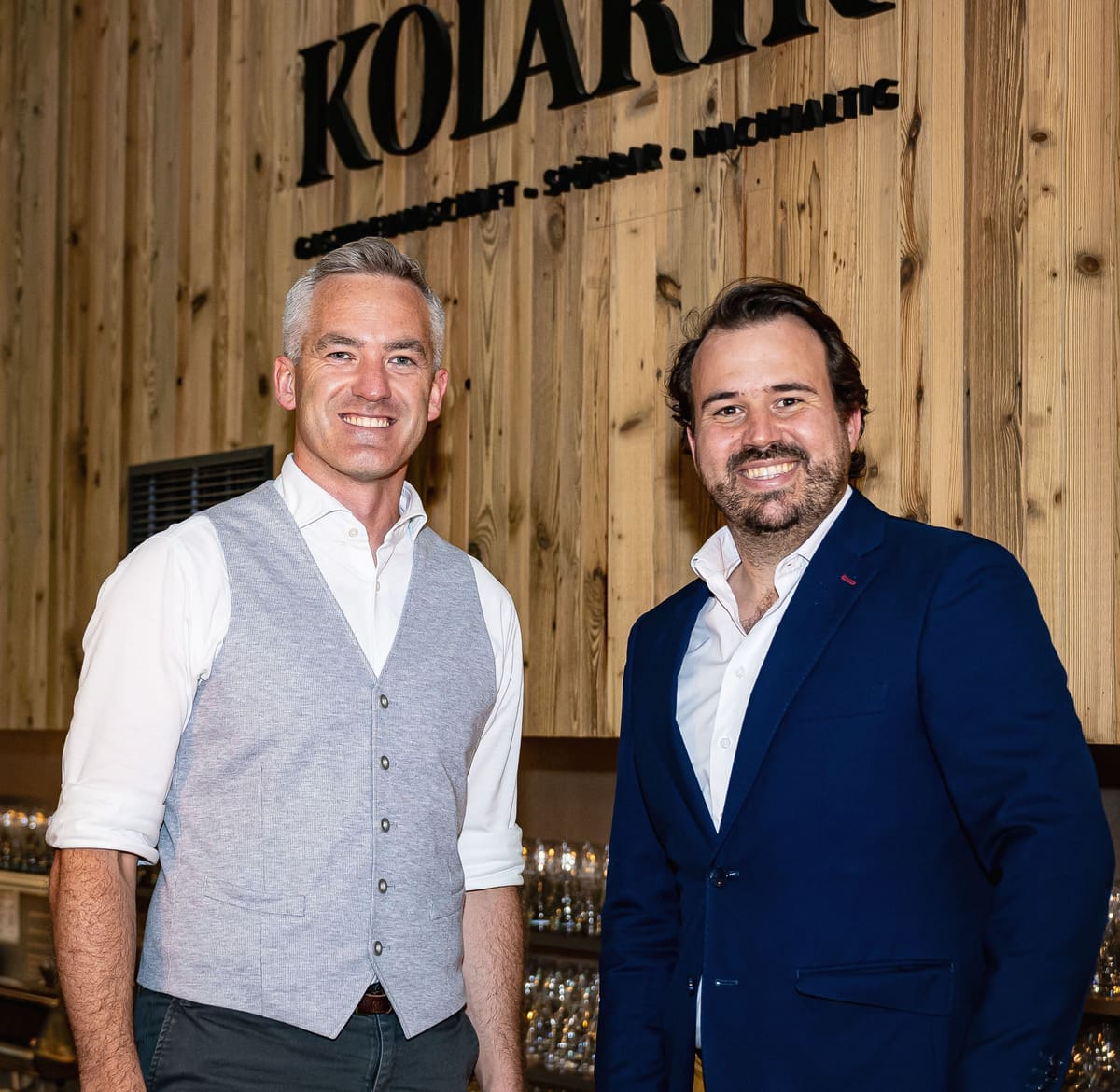In Austria, 157,000 tons of still usable or even packaged food are thrown away every year. Innovative approaches to solving this problem are just in time: The Irish start-up "Positive Carbon" has developed intelligent software for catering businesses that tracks food waste and thus makes it traceable for its containment. Paul Kolarik, CEO of the world's largest fully certified organic restaurant "Luftburg - KOLARIK im Prater" and Gateway Ventures CEO Markus Kainz are participating with an investment. The two entrepreneurs are thus setting an example against food waste and for the clout of young, sustainable companies.
Setting a positive example.
Following EU requirements, an action plan drawn up by the Ministry of Climate Protection envisages a 30% reduction in food waste by 2025. Gastronomy is a sector that already contributes significantly to this. According to Kainz and Kolarik, in order to support domestic (catering) businesses in reducing food waste in the future, two things are needed: on the one hand, innovative solutions are needed that are as simple and inexpensive to implement as possible. On the other hand, well-known names from the domestic gastronomy scene are needed to set an example for other businesses.
Positive carbon gives hope
A fully automated software for restaurants that provides information about food waste via video surveillance: The solution from "Positive Carbon" shows what ends up wrongly in the rubbish. And that is a lot; 66% of all food waste is considered avoidable. Positive Carbon is backed by experienced specialists from the commercial and operational advisory sectors of leading global companies. Renowned investors throughout Europe are already involved, and Positive Carbon is now regarded as a leading expert in food waste reduction.

Luftburg - Kolarik im Prater as a model for domestic businesses
With 1,200 seats, Luftburg - Kolarik im Prater is the largest fully certified organic restaurant in the world. Paul Kolarik, who took over the business from his mother in 2020, emphasises the sustainable conservation of resources as the basis of all economic decisions. Keeping food waste as low as possible is a concern for him: "Thanks to an optimised system that we have developed over the years (including with Global 2000), we have virtually no food waste. For example, we've been doing without vegetable decorations altogether for years, as we've found that they didn't get eaten and therefore had to be disposed of." The few food scraps that remain are composted. He has already been able to achieve changes in the packaging methods of his suppliers. With his investment in Positive Carbon and the implementation of the software in his business, he wants to set an example: "As a local family business, we are setting a positive example to show that sustainable solutions can be implemented in practice. We have shown that it is possible, even in a business with 1,200 seats, and we see our role as a pioneer in this area. We want to motivate other businesses to do the same, because everyone can make a contribution, every small step helps."
